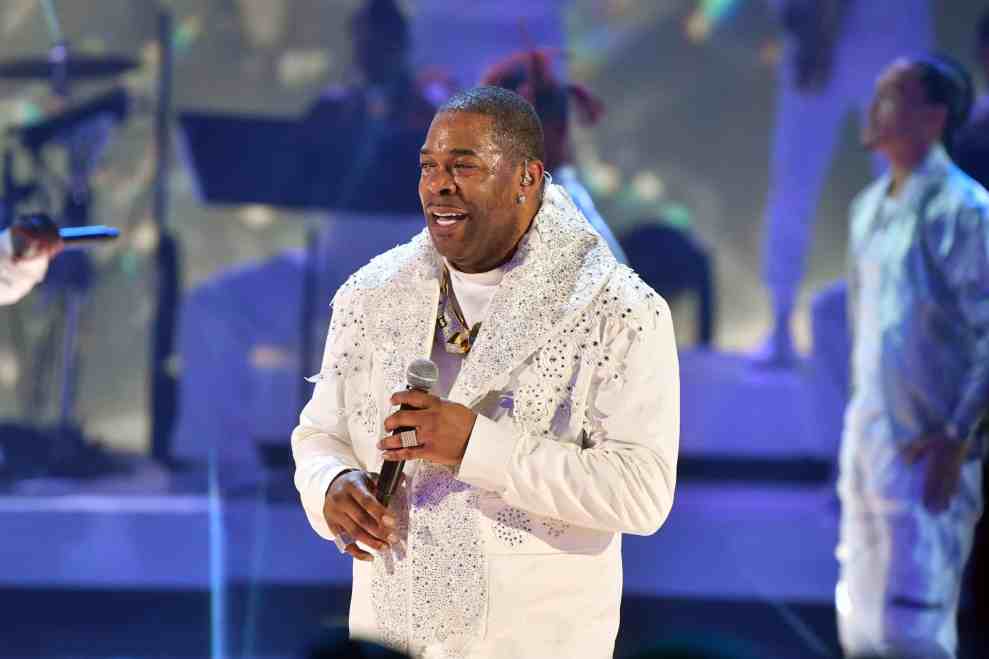Busta Rhymes recently reminisced about his collaboration with Tupac Shakur, shedding light on the late rapper’s remarkable creative process.
In a candid conversation on the All the Smoke podcast hosted by former NBA stars Matt Barnes and Stephen Jackson, Busta Rhymes delved into his profound connection with Tupac and a particularly unforgettable studio encounter.
Tupac, freshly returned from Atlanta amidst legal troubles, harbored a heightened sense of paranoia, convinced of a constant threat to his life. Amidst this tense atmosphere, Busta witnessed Tupac’s artistic fervor firsthand.
“He had gotten a wild arsenal. He kept an MPC beat machine in the crib and I literally watched him write about seven songs to the same Isley Brothers sample. Each song was about different shit. I couldn’t understand that,” Busta shared.
The intensity of Tupac’s creative output left Busta both astounded and bemused. “After a while, I get tired of hearing the motherfucking beat. I don’t wanna hear that beat to write no more songs to it. I write the one song to it, I’m off the damn beat. He wrote seven songs to the same beat!”
Busta Rhymes Reveals Lost Tracks and Unfinished Verses
Intriguingly, Busta Rhymes’s involvement with Tupac intersected with the tumultuous East Coast-West Coast hip-hop rivalry of the mid ’90s. Lil Cease, of Junior M.A.F.I.A., unveiled a surprising revelation regarding Tupac’s feud with The Notorious B.I.G.
According to Lil Cease, Biggie had envisioned a collaboration involving Busta Rhymes and Nas, aimed at countering Tupac’s aggressive “Hit ‘Em Up.” The track, titled “The Ugliest” and produced by J Dilla, was slated for Busta Rhymes’s album, “The Coming.”
However, the project never materialized as intended. “It was supposed to been Busta Rhymes, Nas and Big. It was produced by Q-Tip, but nobody did their verse after Big did his. Nobody laid they verse on it, so the song kinda just pushed away,” explained Lil Cease.
Ultimately, “The Ugliest” was abandoned amidst concerns of exacerbating the already tense East Coast-West Coast rivalry. Nevertheless, Biggie’s verse found a posthumous home on the album “Born Again,” immortalizing a chapter in hip-hop history.

